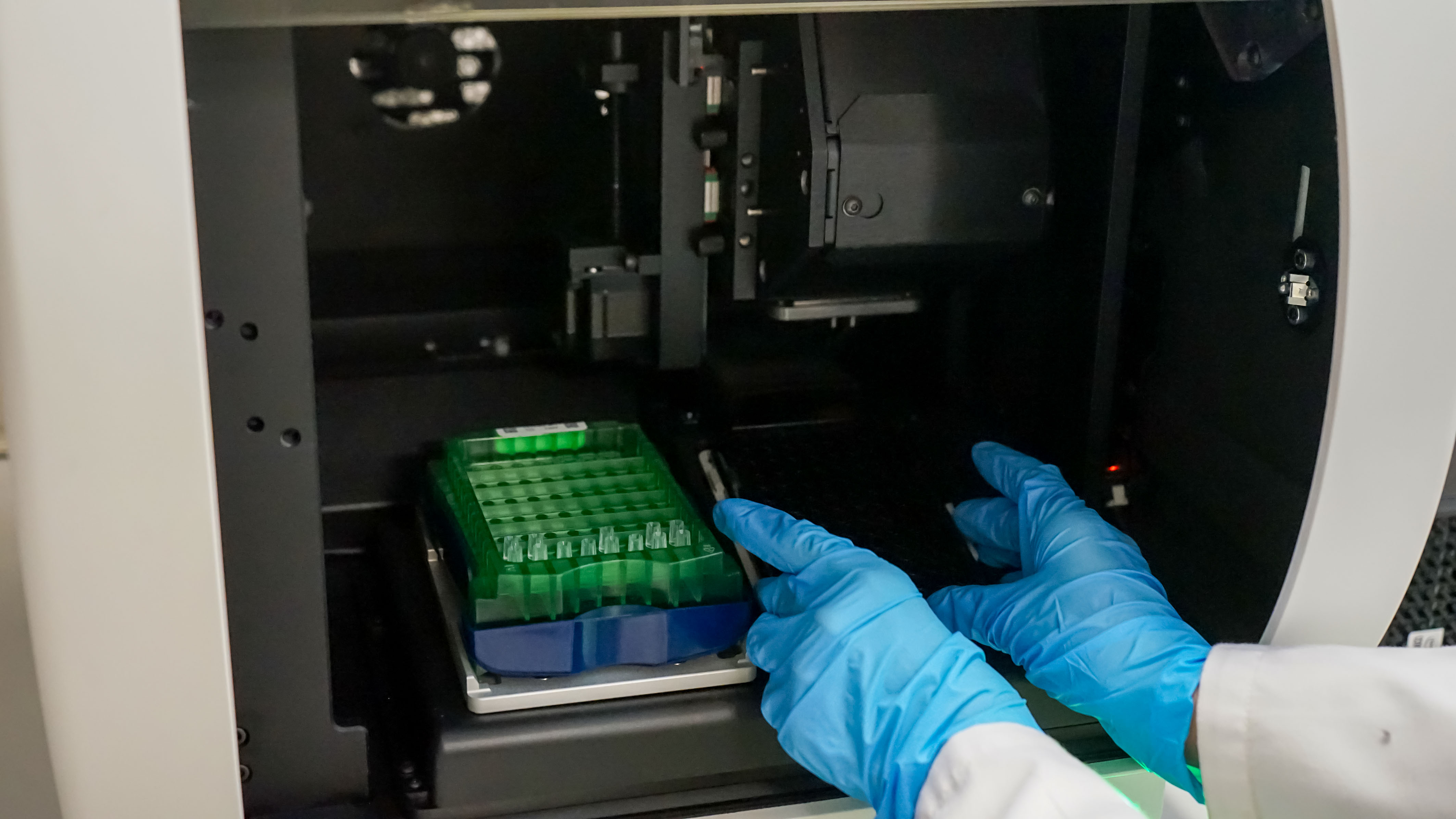EGFR-LYTAC: Lysosomal targeting Chimeras against EGFR for hard-to-treat lung cancer

Investigador principal
Grupo de investigación

Fuente de financiación:
Gobierno de España
Periodo:
01/10/2024 a 30/09/2027
Estado del proyecto:
ACTIVO
Financiación:
258.429,50€
Cell Lung Cancer (NSCLC) is the most common lung cancer as it represents 80-85% of all lung cancers. These cancers often are detected at advanced stages when metastasis have overpassed the regional lymph nodes and spread to other organs, including pleura, liver, bone, and brain among others.
Drugs called TKIs target a protein called EGFR, a protein that helps cancer cells grow – these drugs work well initally but often stop working after 1-2 years because the cancer becomes resistant, leaving few options for patients. This project is developing a new type of treatment called LYTACs, which use the cell’s natural system to destroy harmful proteins like EGFR. It therefore proposes the development of first-in-class, disruptive antibody-based LYTACs (mAbLYTACs) therapy to target EGFR, meaning independently of the resistant mutations, either acquired or intrinsic, this approach will overcome therapeutic resistance and improve patient outcomes in this challenging disease setting.
These novel approaches could benefit patients resistant to TKIs targeted therapies, bringing back the benefices of the EGFR targeted therapies and reducing off-target effects through an alternate and novel mechanism of action. Furthermore, this new approach could spearhead the development of a complete novel therapeutic arsenal against not only hard-to-treat NSCLCs but other EGFR-sensitive cancers.
Colaboradores / Entidad financiadora

Aptadegrad SL

ACONDICIONAMIENTO TARRASENSE - LEITAT
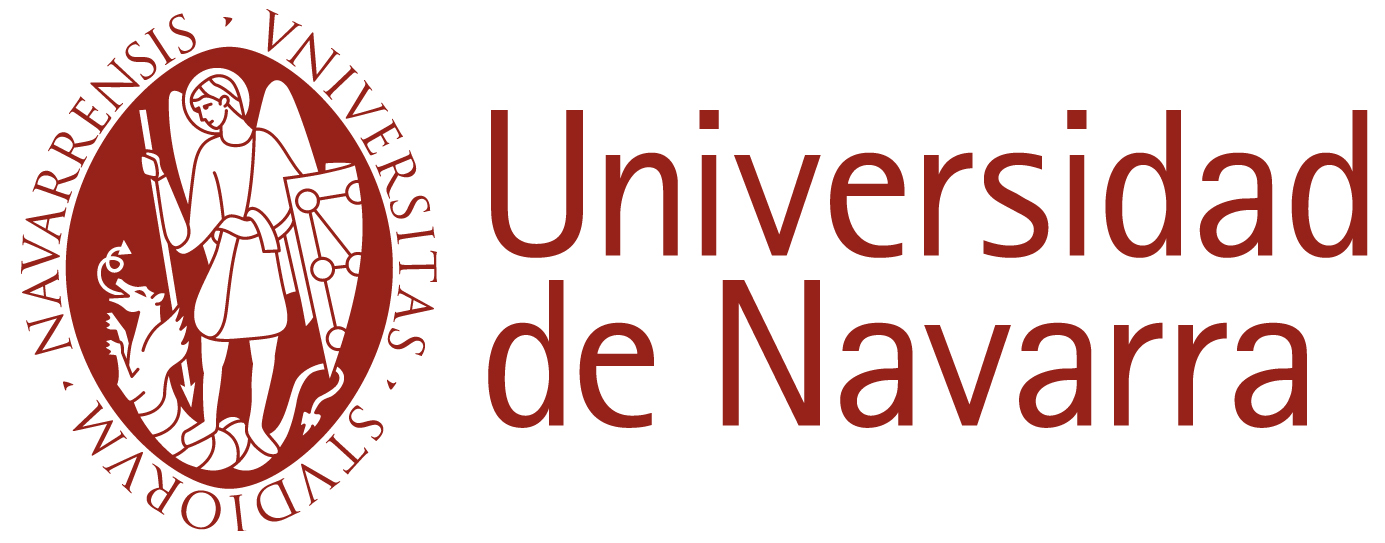
Universidad de Navarra
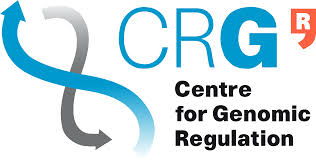
Centre de Regulació Genòmica (CRG)

Agencia Estatal de Investigación
Grupos de investigación
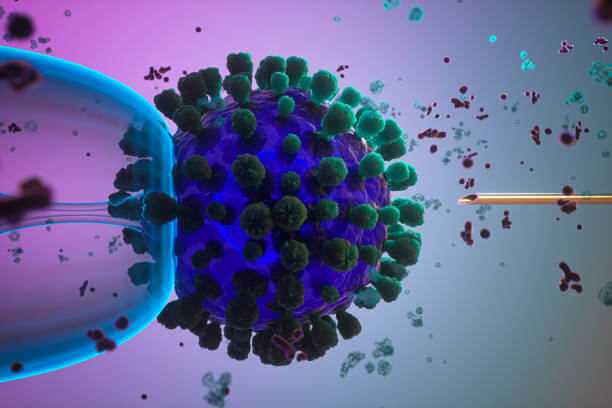
GEMAT – Ingeniería de Materiales
El grupo GEMAT (Grup d'Enginyeria de Materials) desarrolla su actividad en tres grandes áreas: el desarrollo de nuevos materiales funcionales, la ingeniería de superficies y los biomateriales.
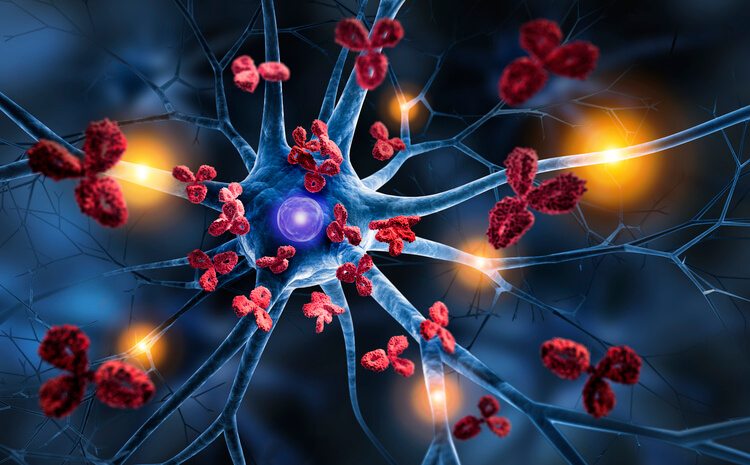
ChemSynBio – Química y Biología Sintética para Bioterapias
En el grupo ChemSynBio (Química y Biología Sintética para Bioterapias), combinamos química y biología sintética para crear bioterapias de precisión y herramientas biomédicas basadas en proteínas. Nuestros objetivos principales son tratar tumores y otras enfermedades cerebrales, así como entender y mejorar el transporte de fármacos a través de la barrera hematoencefálcia.










